Are you thinking of visiting exotic Zanzibar? This beautiful island is home to some of the most stunning beaches, colourful culture, and exotic cuisine in the world. But before you set off on your adventure, why not learn some helpful phrases in Zanzibar’s home language, Swahili, that will make your trip even more enjoyable?
Zanzibar is a Swahili-speaking Island, so it’s a good idea to learn some basic phrases to help you communicate with the locals more easily. Here are a few common Swahili greetings and phrases that will come in handy during your Zanzibar holiday!
You may have heard of this Swahili phrase from the movie The Lion King, but in Zanzibar, it’s more than just a catchy phrase. Hakuna Matata means “no worries” in Swahili, and it’s an everyday phrase among the locals. Whenever you encounter a problem or a challenging situation, don’t panic, just remember to say “hakuna matata”, and everything will be alright.

This is a common greeting in Swahili, like “hello” in English. Use it when you meet someone for the first time, or when you walk into a shop or restaurant.
The first thing you will hear when you land in Zanzibar is “karibu”, which means “welcome” in Swahili. It’s a common phrase used by the locals to greet visitors and make them feel at home. Whenever you enter a shop, a hotel, or a restaurant, expect to hear this friendly Swahili greeting.
Another Swahili phrase you should learn is “asante sana”, which means “thank you very much”. Whenever someone does something nice for you, like helping you find directions or serving you a delicious meal, don’t forget to say “asante sana” to show your appreciation.

Zanzibar is known for its laid-back lifestyle, and the locals love to take things slow. If you find yourself in a hurry or impatient, someone might tell you “pole pole”, which means “slow down” or “take it easy”. This phrase is a gentle reminder to embrace the island’s relaxed pace and enjoy the moment.
If you want to strike up a conversation with a local, start by asking “mambo vipi”, which means “what’s up?” or “how are you?”. This Swahili phrase is a casual way to greet someone and shows that you are interested in getting to know them.
Sawa sawa means “okay” or “alright” in Swahili. It’s a versatile phrase that you can use to respond to a variety of situations, from confirming an order in a restaurant to agreeing on a price with a street vendor. Whenever you want to show that you understand or agree with something, say “sawa sawa”.

If you want to make a good impression on a local, learn this phrase, “nafurahi kukutana na wewe”, which means “I’m glad to meet you.” Whenever you meet someone new, use this Swahili phrase to show that you are happy to make their acquaintance.
This means “please” in Swahili, and it’s a polite way to ask for something. Use it when you’re ordering food, asking for directions, or making a request.
Zanzibar is famous for its delicious cuisine, and you’ll be spoilt for choice when it comes to food. If you want to compliment the chef, say “chakula kitamu”, which means “delicious food” in Swahili. This phrase will bring a smile to their face and show that you appreciate their culinary skills.

If someone offers you something, like a souvenir or a service, and you are not interested, you can politely decline by saying “hapana asante”, which means “no, thank you” in Swahili. This phrase is a polite way to say no and show that you respect their offer.
This is a common Swahili greeting that means “how are you?” It’s a friendly way to start a conversation with someone, and you can use it to show that you’re interested in their well-being.
Learning these basic Swahili phrases will not only make your trip to Zanzibar more enjoyable, but it will also show the locals that you respect their language and culture. You’ll find that the people of Zanzibar are incredibly friendly and welcoming, and they’ll appreciate your efforts to learn some common Swahili phrases and greetings.
Ready to put those words and phrases to practice? Browse our many Zanzibar packages and let us help you book an incredible adventure.
Thank you for being part of our journey... and choosing us to be part of yours.





Sign-up to our newsletter to not miss another deal.
Sign-up now
Check out our ebrochure for all the latest and greatest deals.
Sign-up for our newsletter for the latest on travel news, trends and early bird notifications on promotions and special deals.



